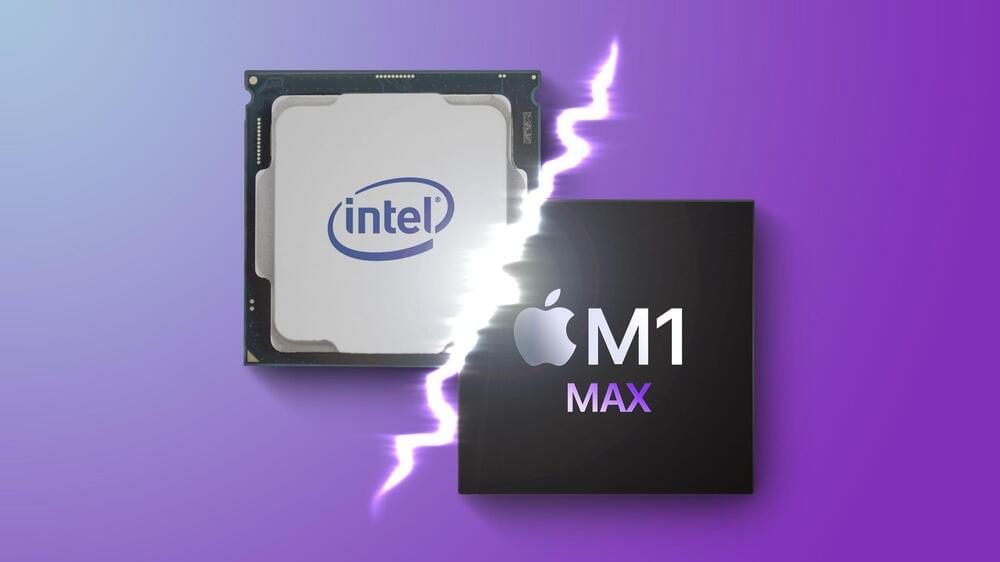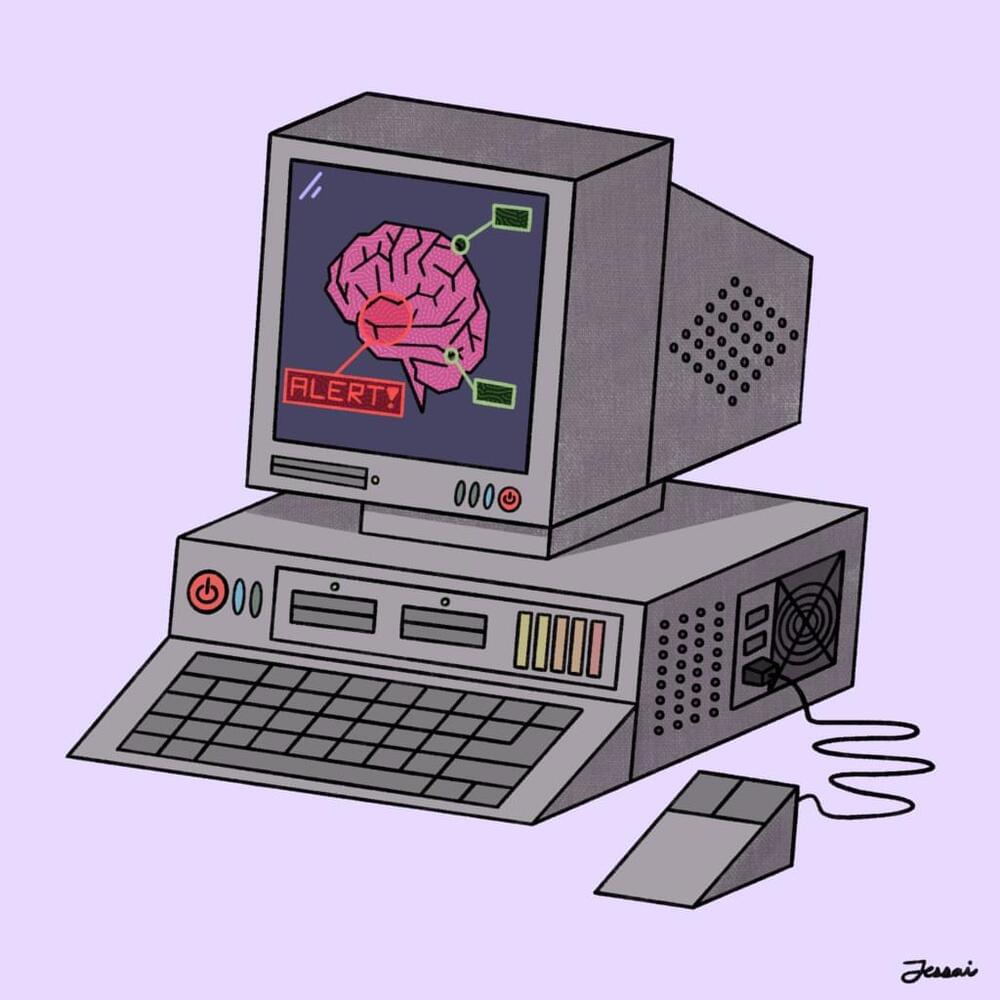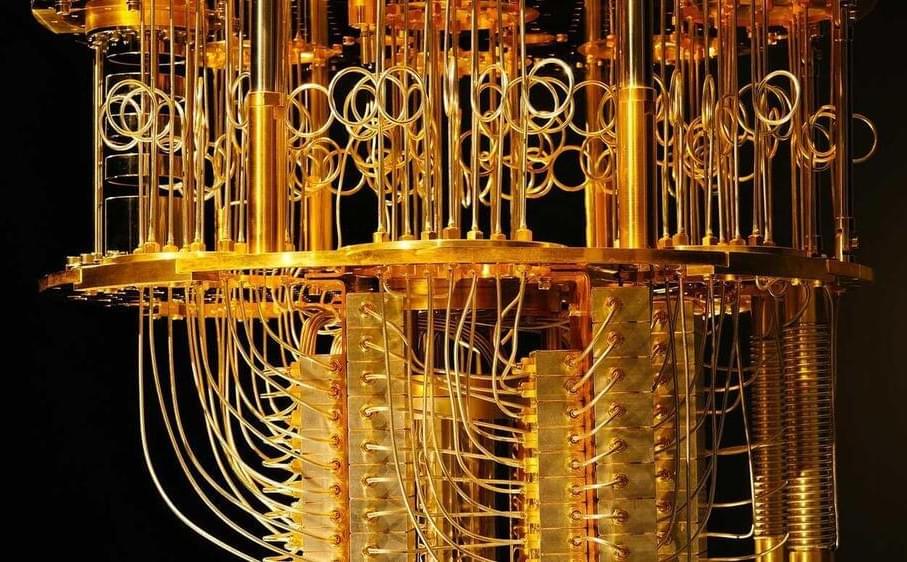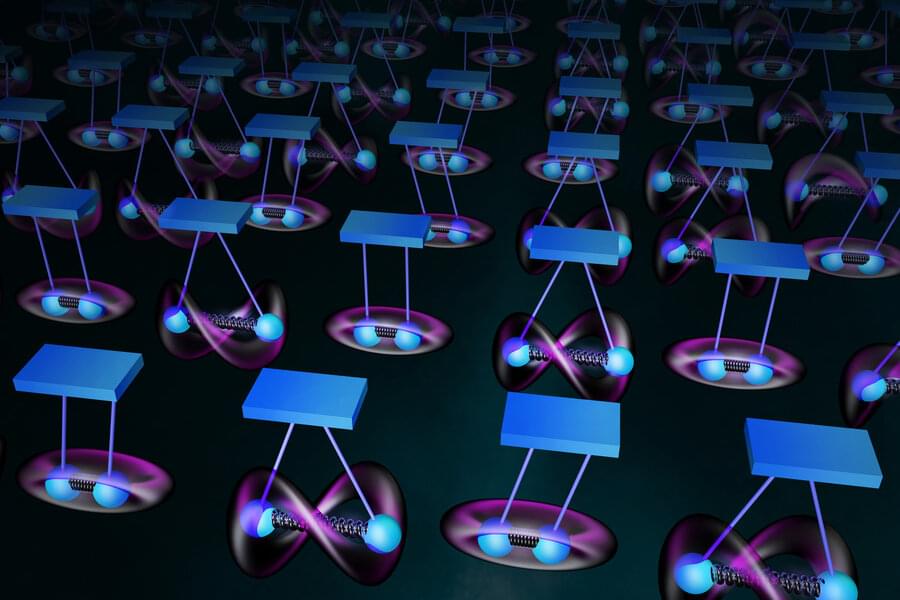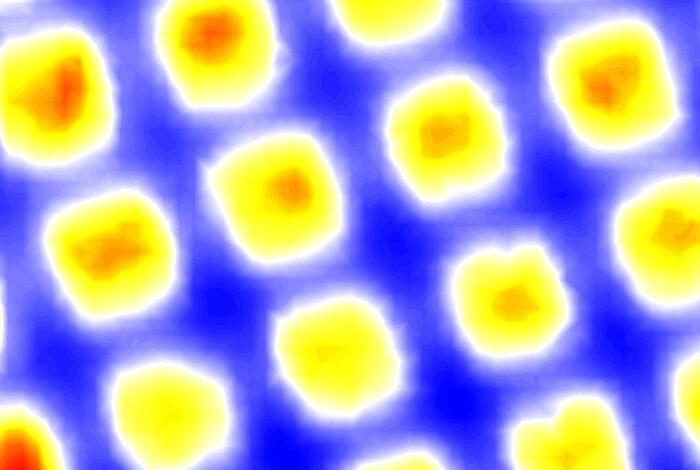Last fall, Texas Governor Greg Abbott gathered dozens of cryptocurrency deal makers in Austin where they discussed an idea that, on its face, seemed almost upside down: Electricity-hungry Bitcoin miners could shore up the state’s power grid, a top priority after a deep freeze last winter triggered blackouts that left hundreds dead.
The industry’s advocates have been making that pitch to the governor for years. The idea is that the miners’ computer arrays would demand so much electricity that someone would come along to build more power plants, something Texas badly needs. If the grid starts to go wobbly, as it did when winter storm Uri froze up power plants in February 2021, miners could quickly shut down to conserve energy for homes and businesses. At least two Bitcoin miners have already volunteered to do just that.

